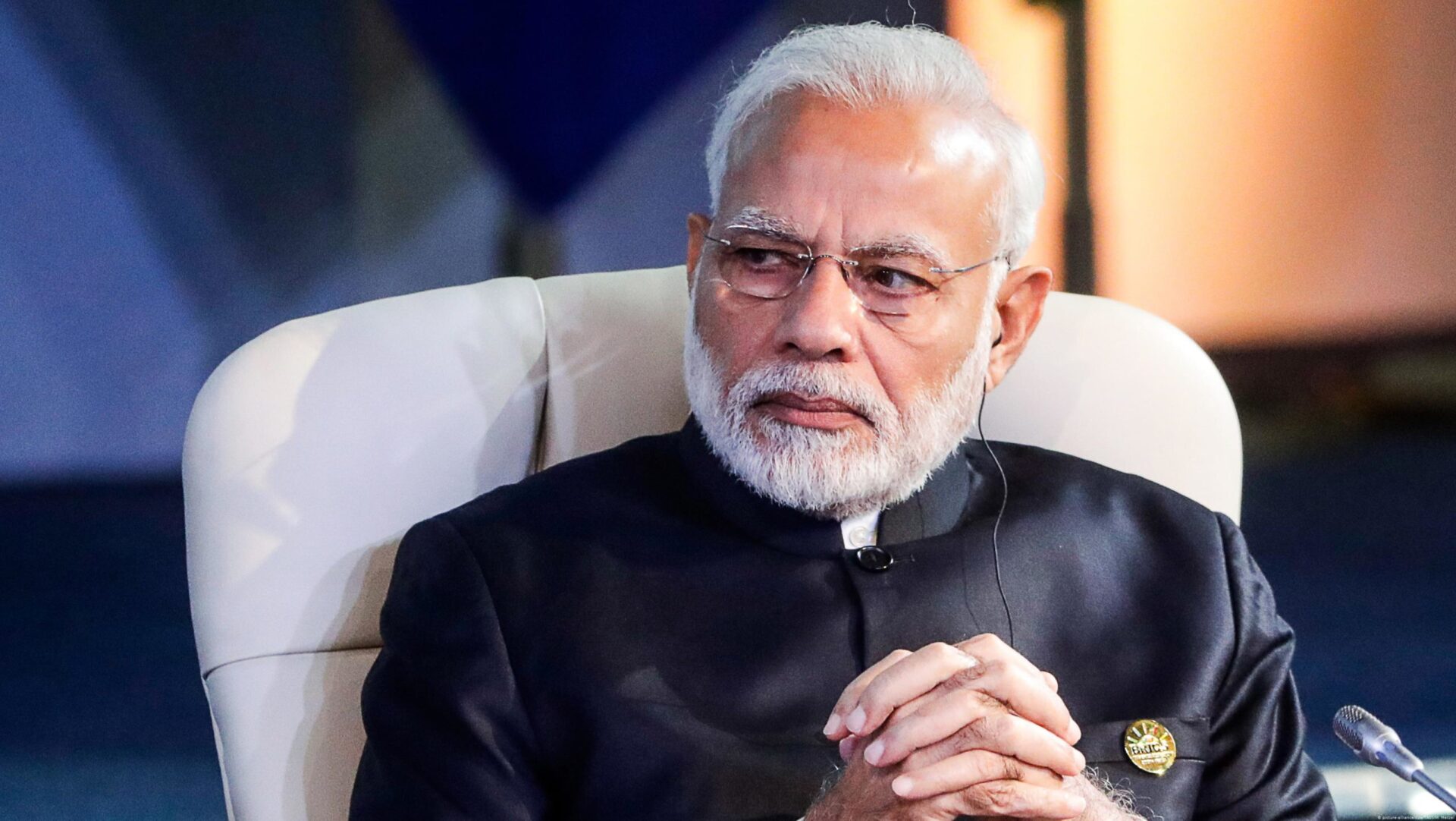Prime Minister Narendra Modi dreamt of the Ram Mandir arising in the very location that was the birthplace of Lord Rama, and during his first decade in office, has made that dream of the young lad come true. The life of Narendra Modi is a profile in hope and persistence, it is about how a youth from an underprivileged background refused to accept that such a fate was permanent, and succeeded. In 2001, he became the Chief Minister of Gujarat and in 2014 was sworn in as Prime Minister of India. In the Lok Sabha elections of that year, he chose the spiritual capital of Bharat, Varanasi, as his constituency. There is a sizable Muslim community in Varanasi, just as there was in his first Assembly seat, Rajkot, when he fought and won that seat in 2002 before shifting to Maninagar, which he represented until his assumption of the Prime Ministership. Modi secured 58% of the vote in Rajkot compared to the 38% secured by the Congress candidate, and it was the victory that included many Muslim votes that fuelled the No Holds Barred campaign against him by the Congress Party. Worried that Modi could shift Muslim votes from the Congress to the BJP as took place in Rajkot, a campaign began that portrayed the new CM as being against the Muslim community, something that was never the case, and is not so now. Facts, however, have seldom withstood the ravages of political necessity, and those who owed their electoral victories to creating a sense of fear and victimhood within previously identified sections of the people, doubled down and doubled again on their infowar against him. While a campaign of calumny has had limited effect in India, the flood of disinformation about PM Narendra Modi has had greater success abroad, where several international news outlets have, since the Campaign of Calumny went global in 2016, been competing with each other in sketching unflattering and inaccurate portrayals of the Prime Minister. It has even been claimed that he is “anti-Backward and anti-Dalit”, when his own background is from the deprived sections, and his early life has been marked by an extreme lack of privilege, unlike so many other Prime Ministers. It was such a background which shaped his views, and led to him ensuring that more than 400 million zero balance bank accounts were opened in the names of citizens. Accounts that began filling up with money from the government that went directly rather than to middlemen who pocketed 40% on average of the amount that was earmarked for distribution. Experiencing first-hand the travails of his family as a child made PM Modi implement a health insurance scheme for the poor, and ensure that hunger disappeared from the homes of citizens rather than remaining a constant presence in their lives. As CM of Gujarat, he thought national and acted local. Now as PM, he thinks internationally while acting nationally, often in ways that have an international resonance.
Both as CM and as PM, Narendra Modi was accused of “patronising industrialists”. The truth is that he recognizes the centrality of the private sector in the process of accelerating development. So did Narasimha Rao in 1992, but his reform momentum was slowed down and practically halted during the last part of his term by Sonia Gandhi, who opposed him in ways that caused the defeat of the Congress Party in 1996. Out of loyalty to her, as many as seven Cabinet ministers resigned during his term, and absurd allegations were levelled against him, including the cooked up story that a huge stash of cash was personally delivered to him at the Prime Minister’s House by Harshad Mehta. The stock exchange manipulator sweated as he sought to demonstrate how such a stash could fit into a suitcase. It could only be done with great difficulty, and the suitcase when loaded with currency was too heavy for Mehta to carry, but this did not stop the fiction against Rao from getting printed in newspaper after newspaper. As for Rajiv Gandhi, during his initial years in office, when Vijay Dhar was at his side, Rajiv worked to ensure a more level playing field for the private sector, but after Arun Nehru took over the role of being the PM’s top aide, the former Jensen & Jensen paint company executive became a votary of increased rather than diminished state control. As a consequence of being made to backtrack often from his early initiatives, including in the matter of rights for Muslim women, Rajiv Gandhi frittered away public support despite having won a record 404 Lok Sabha seats in 1984, with the BJP securing only two. In contrast, PM Modi has steadily improved his performance term after term, exactly the way he succeeded in doing so as CM. Belying the false information that he is overly solicitous of Big Business and is anti-minority, PM Modi has focused on the poor, ensuring that every citizen benefits from the welfare schemes introduced by him. What was never attempted in the past as being impossible has been made possible by the workaholic PM. No task, no objective, was taken as too big for Modi to try and achieve. His second term has been even more productive than the first, and if there is a third term, this will overshadow even the second term. A third term would make the transformation of India, including into a superpower, irreversible. It is the people of India who will decide the contours of the country’s fate in the coming decades, by the choices they make just months away at the ballot box.

